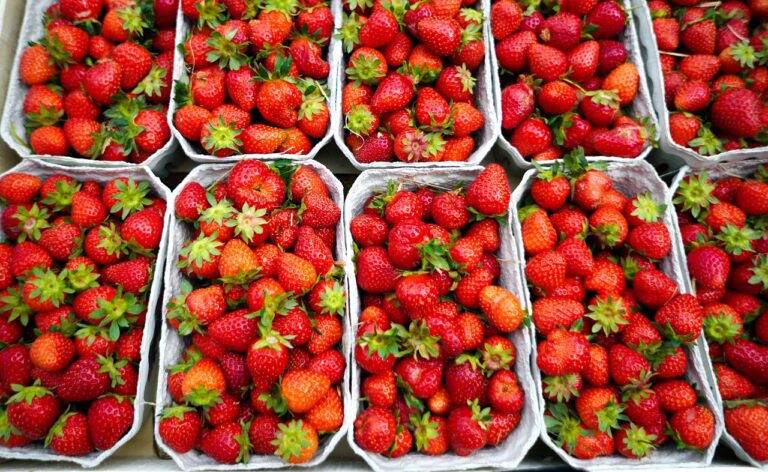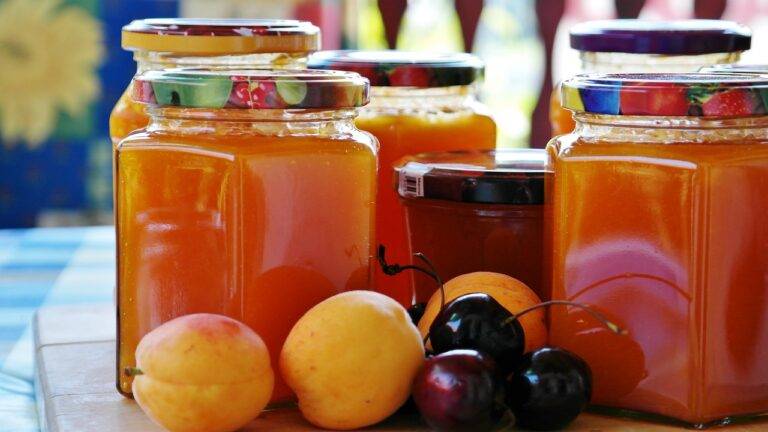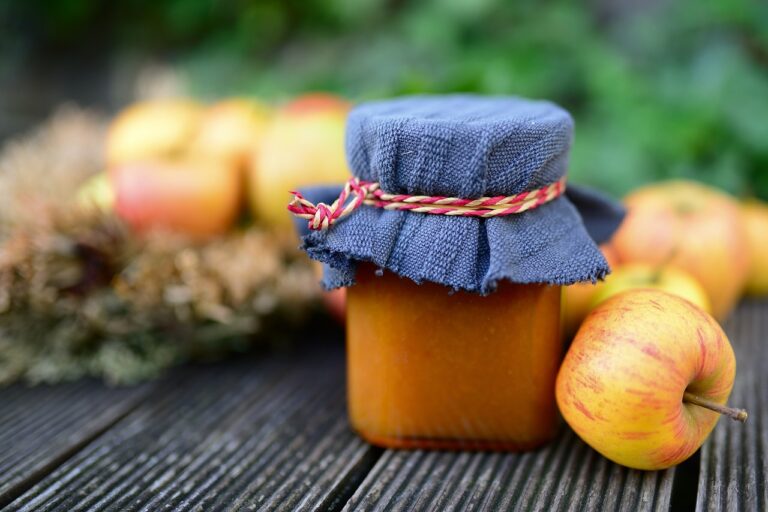Fermented Foods and Culinary Therapy: Healing Through Cooking
diamondexch9, sky99exch com login, reddy club: Fermented Foods and Culinary Therapy: Healing Through Cooking
Have you ever considered the idea that the food we eat can have a profound impact on our physical and mental well-being? In recent years, there has been a growing interest in the connection between what we put into our bodies and how it affects our overall health. One area that has gained particular attention is the world of fermented foods and culinary therapy.
Fermented foods have been consumed for centuries in various cultures around the world for their health benefits. From kimchi in Korea to sauerkraut in Germany, these foods are not only delicious but also packed with probiotics, which are beneficial bacteria that support our gut health. When our gut is healthy, it can have a positive effect on our immune system, digestion, and even our mental health.
But fermented foods go beyond just being good for our bodies they can also be incredibly therapeutic to prepare. Cooking has long been known to have therapeutic benefits, helping to reduce stress, improve mood, and foster a sense of creativity and accomplishment. When you combine the act of cooking with the fermentation process, you have a winning combination for both physical and mental well-being.
So how exactly can fermented foods and culinary therapy help us heal? Let’s explore some of the ways in which these practices can have a positive impact on our health and well-being.
The Gut-Brain Connection: How Fermented Foods Can Improve Mental Health
Research has shown that there is a strong connection between our gut health and our mental health. The gut is often referred to as our “second brain,” as it contains millions of neurons that communicate with our central nervous system. When our gut is out of balance, it can lead to issues such as anxiety, depression, and even cognitive decline.
Fermented foods can help support a healthy gut by providing our bodies with beneficial bacteria that can help to restore balance. These probiotics can help to reduce inflammation in the gut, improve digestion, and even produce neurotransmitters that can positively impact our mood and mental health.
In addition to the physical benefits of fermented foods, the act of preparing these foods can also have a positive impact on our mental well-being. Cooking can be a form of mindfulness, allowing us to focus on the present moment and connect with our senses. It can also be a creative outlet, allowing us to express ourselves and explore new flavors and ingredients.
Overall, the combination of fermented foods and culinary therapy can provide a holistic approach to improving both our physical and mental health.
Healing Through Cooking: The Therapeutic Benefits of Culinary Therapy
Cooking has long been used as a form of therapy, with many mental health professionals recommending it as a way to reduce stress and anxiety. The act of preparing a meal can be a calming and grounding experience, helping us to focus on the task at hand and find a sense of purpose and accomplishment.
Culinary therapy can also be a way to practice self-care and self-love. By taking the time to prepare a nourishing meal for ourselves, we are showing ourselves kindness and compassion. Eating a healthy, home-cooked meal can also help to nourish our bodies and provide us with the energy we need to thrive.
When we combine the therapeutic benefits of cooking with the healing properties of fermented foods, we have a powerful tool for improving our overall well-being. Whether you are struggling with digestive issues, mental health concerns, or simply looking to improve your diet, incorporating fermented foods and culinary therapy into your life can have a positive impact.
Getting Started: Tips for Incorporating Fermented Foods and Culinary Therapy into Your Life
If you’re interested in exploring the world of fermented foods and culinary therapy, here are some tips to help you get started:
1. Start by incorporating small amounts of fermented foods into your diet, such as yogurt, kefir, sauerkraut, or kombucha.
2. Experiment with making your own fermented foods at home, such as kimchi, pickles, or sourdough bread.
3. Take the time to prepare meals from scratch, using fresh, whole ingredients. Get creative with your cooking and try out new recipes and flavor combinations.
4. Practice mindfulness while cooking, focusing on the smells, tastes, and textures of the food you are preparing.
5. Share your meals with loved ones and enjoy the connection that comes from sharing a delicious, home-cooked meal.
Frequently Asked Questions
Q: Are fermented foods safe to eat?
A: Yes, fermented foods are generally safe to eat for most people. However, if you have a compromised immune system or certain health conditions, you may want to consult with a healthcare professional before consuming fermented foods.
Q: Can I make my own fermented foods at home?
A: Yes, many fermented foods can be easily made at home. There are plenty of resources available online to help guide you through the fermentation process.
Q: Are there any risks associated with culinary therapy?
A: Culinary therapy is generally considered safe and can be a beneficial practice for most people. However, if you have a history of disordered eating or certain mental health conditions, it may be best to speak with a mental health professional before incorporating culinary therapy into your routine.
In conclusion, fermented foods and culinary therapy can be powerful tools for healing and improving our overall well-being. By incorporating these practices into our lives, we can nourish our bodies, support our mental health, and enjoy the many benefits that come from preparing and enjoying delicious, nourishing meals. So why not explore the world of fermented foods and culinary therapy for yourself and see how it can positively impact your health and happiness?







